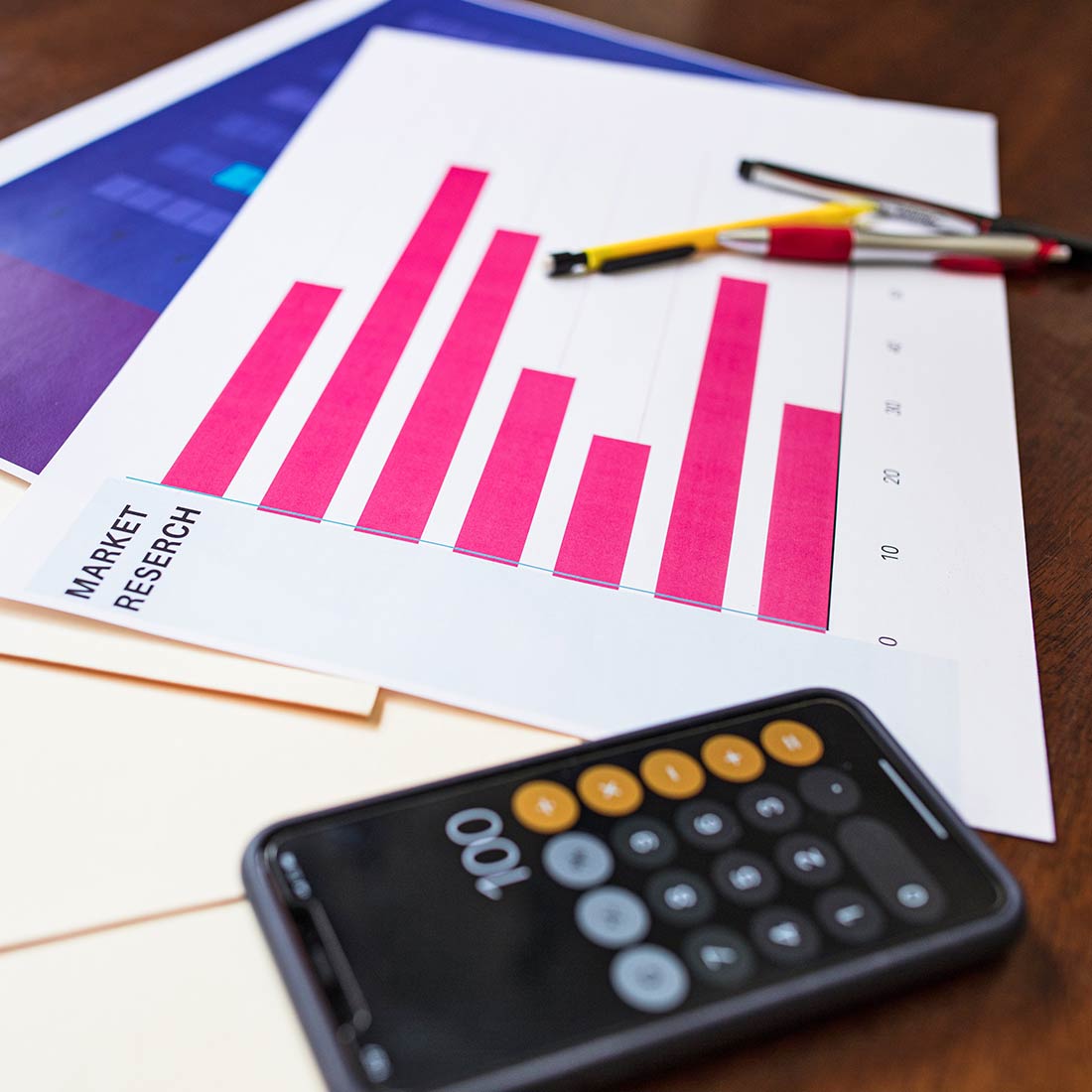Relinquished Property;
Definition and Key Terms
Relinquished property is a property that is sold or transferred, and the owner gives up ownership rights. It can be a residential property or real estate investment.
A few reasons one may relinquish property would be to downsize or relocate, financial constraints, and other personal or financial considerations.

Sold Property
Cash/Mortgage Boot;
Definition and Key Terms
Cash/Mortgage Boot refers to additional value—either in the form of cash or mortgage debt—that one party includes in a property exchange to balance out an unequal trade. In real estate transactions, especially under Section 1031 exchanges, if one property is worth more than the other, the party receiving the higher-value property may provide cash or assume extra mortgage debt to equalize the deal. This added value, known as “boot,” is typically taxable and can impact the overall tax deferral benefits of the exchange.

Taxable Gain
Capital Gains;
Definition and Key Terms
Capital Gains refer to the profit earned from the sale of an asset, such as stocks, real estate, or other investments when the selling price exceeds the original purchase price.
The gain is realized when the asset is sold and is typically subject to taxation. Capital gains are classified as either short-term (for assets held one year or less) or long-term (for assets held longer than one year), with long-term gains often taxed at lower rates to encourage investment.

Sale Price – (Basis+Transaction Costs)
Replacement Property;
Definition and Key Terms
Replacement Property refers to the like-kind property that an investor acquires to defer capital gains taxes after selling a relinquished property. To qualify under Section 1031 of the Internal Revenue Code, the replacement property must be of equal or greater value, be used for business or investment purposes, and be identified within 45 days and acquired within 180 days of selling the original property. The proper acquisition of a replacement property allows investors to defer taxes and continue growing their investments without immediate tax consequences.

Purchased Property
Qualified Intermediary (QI);
Definition and Key Terms
ESG is a Qualified Intermediary (QI), a neutral third party that facilitates the exchange process to ensure compliance with IRS regulations. The QI holds the proceeds from the sale of the relinquished property, preventing the investor from taking constructive receipt of the funds, which would disqualify the exchange.
The Qualified Intermediary is responsible for preparing the necessary documents, managing timelines, and ensuring that the replacement property is acquired within the required 180-day period. The QI plays a critical role in enabling investors to defer capital gains taxes under Section 1031 of the Internal Revenue Code.

ESG LLC
Exchange Accommodation Titleholder (EAT);
Definition and Key Terms
An Exchange Accommodation Titleholder (EAT) is a third-party entity used in a 1031 Exchange to facilitate a Reverse Exchange or an Improvement Exchange. In situations where the replacement property must be acquired before the relinquished property is sold, the EAT temporarily holds legal title to either the replacement or relinquished property. This structure, known as a “parking arrangement,” ensures compliance with IRS guidelines under Revenue Procedure 2000-37. The EAT holds the property for up to 180 days, allowing the investor to complete the exchange without taking direct ownership and still qualify for tax deferral under Section 1031.

SPE holds title for exchangor
Like-Kind Property;
Definition and Key Terms
Like-Kind Property in a 1031 Exchange refers to real estate assets that are similar in nature, character, or class, regardless of differences in quality or grade. Under Section 1031 of the Internal Revenue Code, properties must be held for business or investment purposes to qualify, but they do not need to be identical. For example, an apartment building can be exchanged for raw land or commercial property, as long as both are used for investment or business purposes. The broad definition of like-kind allows investors flexibility while deferring capital gains taxes during property exchanges.

1031 Exchange;
Definition and Key Terms
Named after Section 1031 of the Internal Revenue Code, allows real estate investors to defer paying capital gains taxes on the sale of an investment or business property by reinvesting the proceeds into a like-kind property. To qualify, both properties must be held for business or investment purposes, and specific timelines must be followed: the replacement property must be identified within 45 days and acquired within 180 days of selling the relinquished property. This tax-deferral strategy enables investors to preserve equity, grow their portfolios, and leverage compounding gains without immediate tax consequences.
Sell and Reinvest
Like-Kind Property
Deferred Reconition of Capital Gain

Individual
Tax Payer
Corporate
Tax Payer
Single Member
LLC
Beneficiary of Land Trust/Revocable Trust
Owner of Beneficial Interest in Delaware Statutory Trust (DST)


